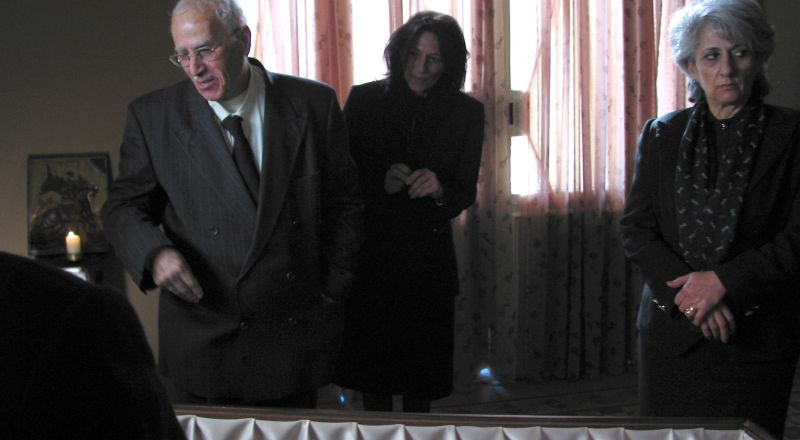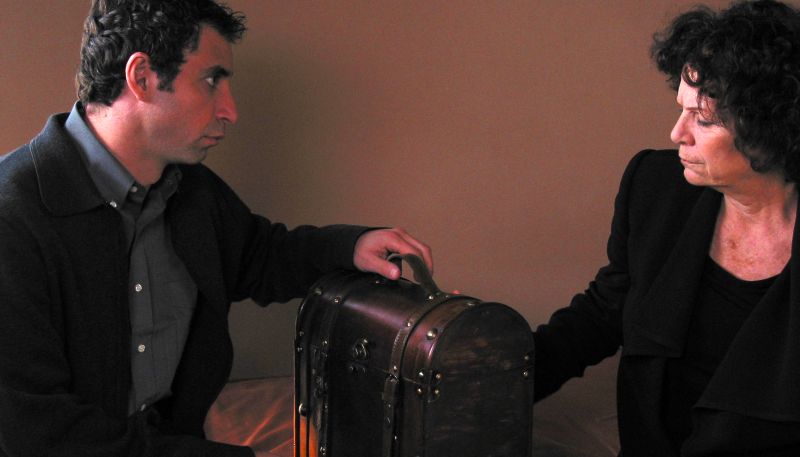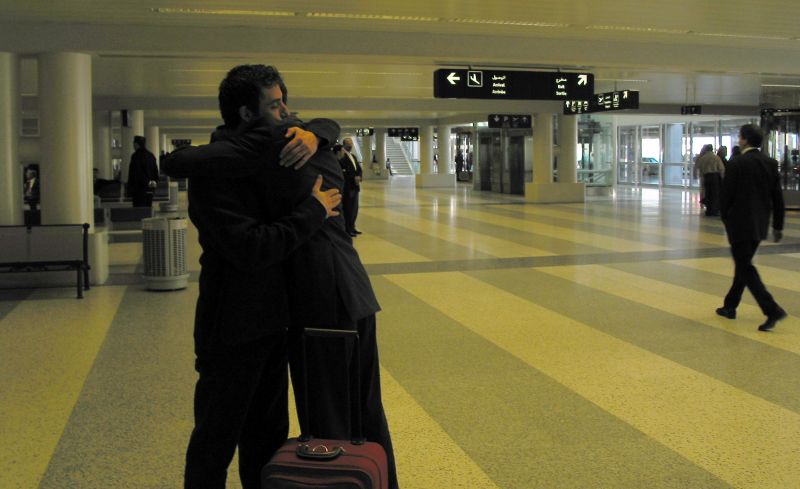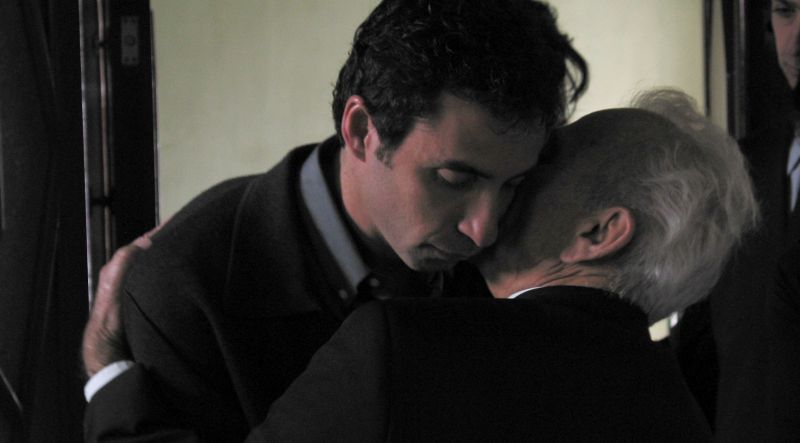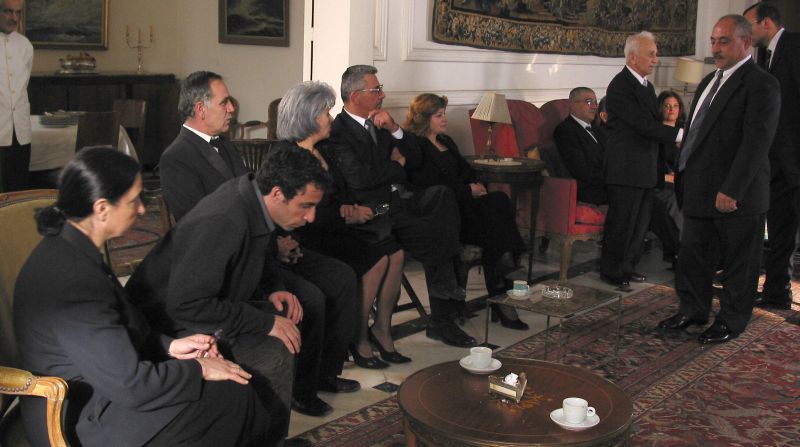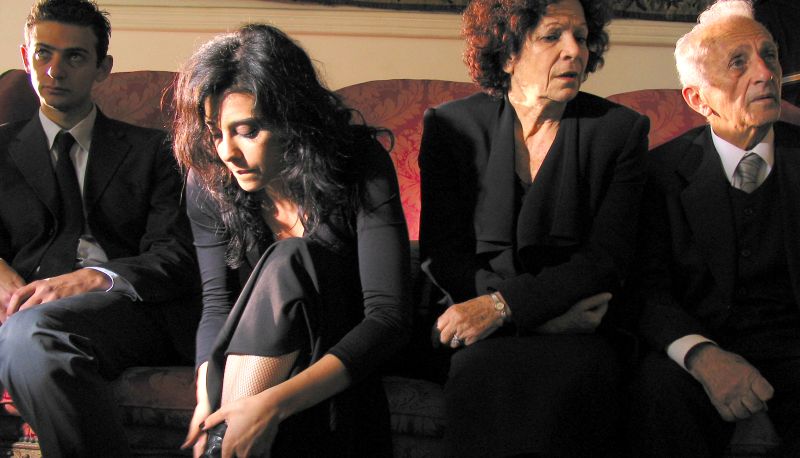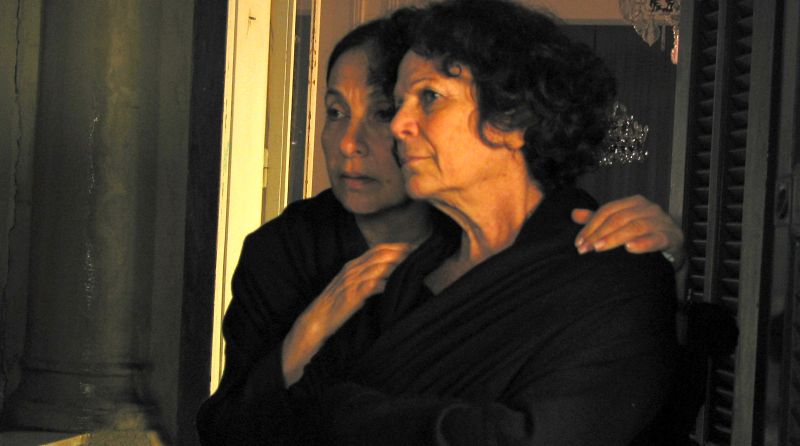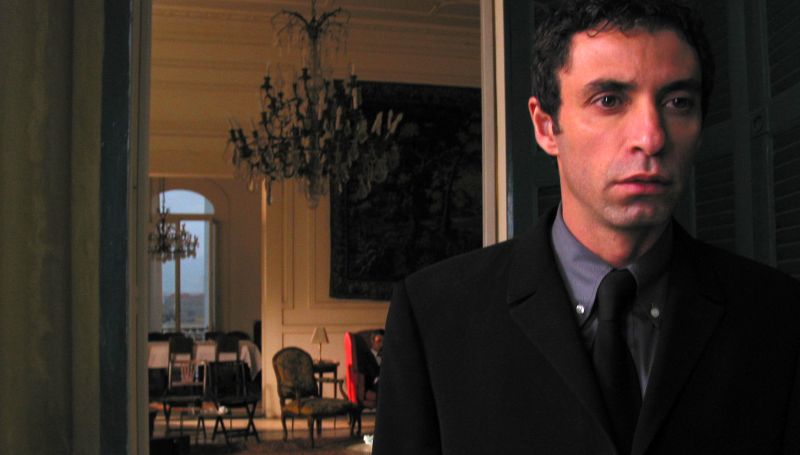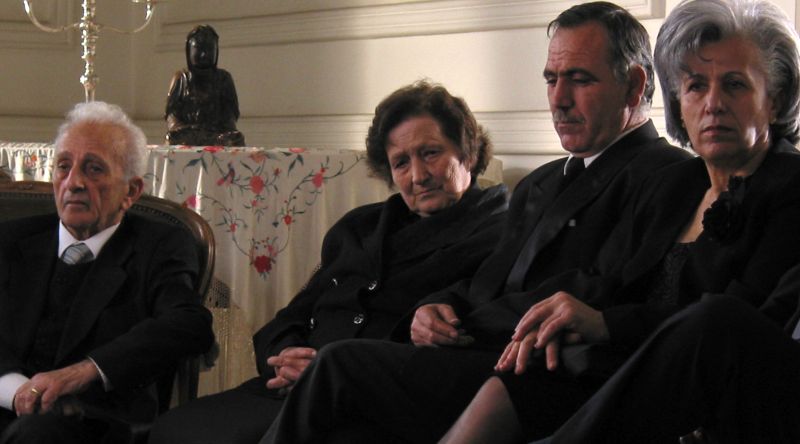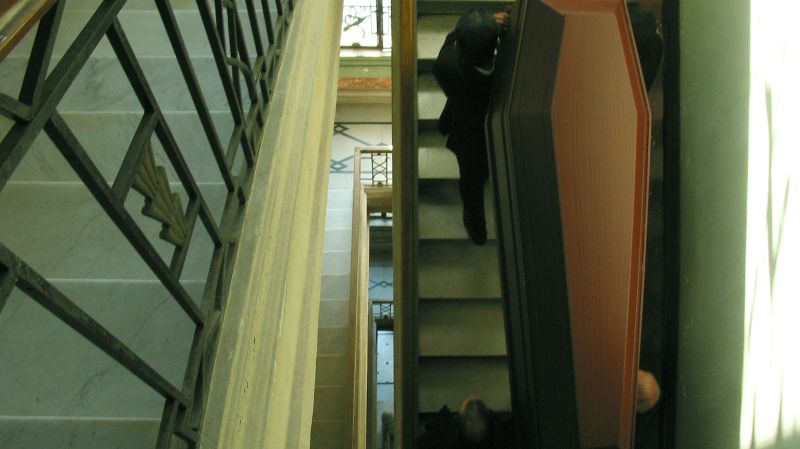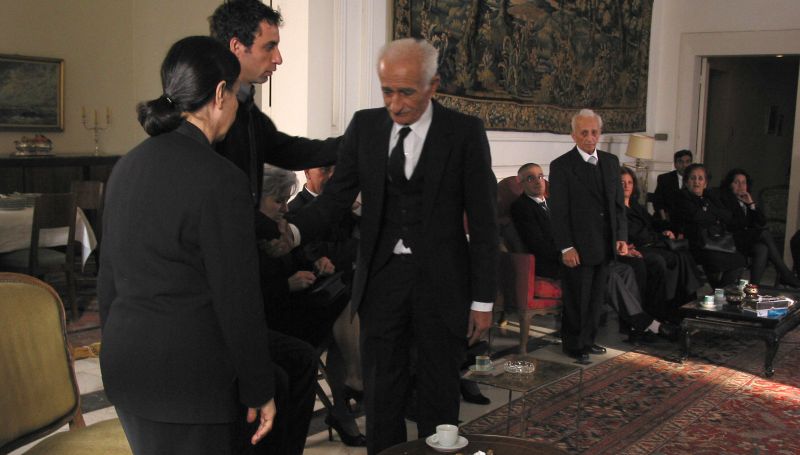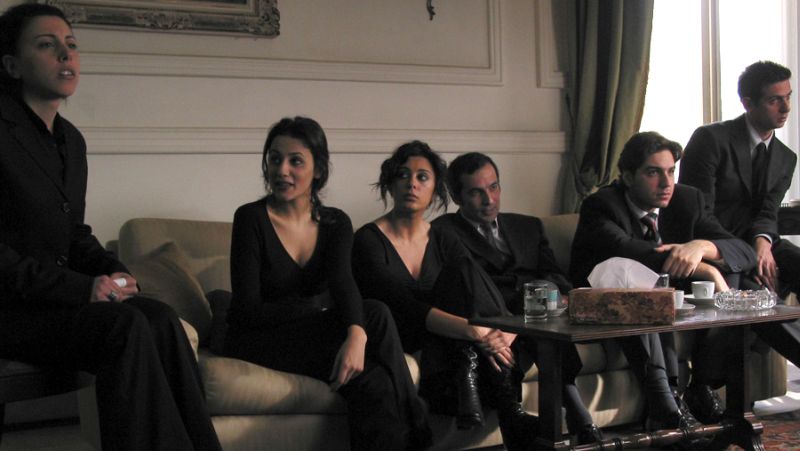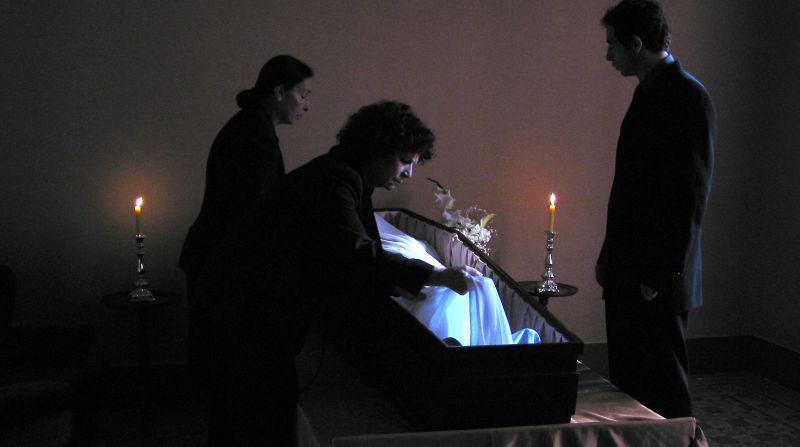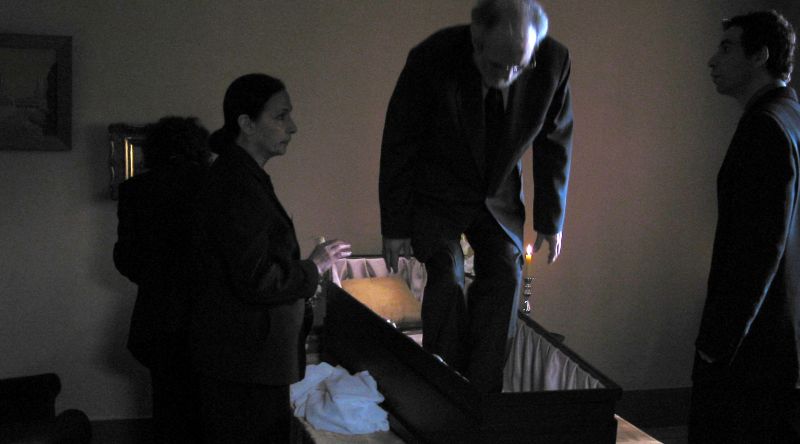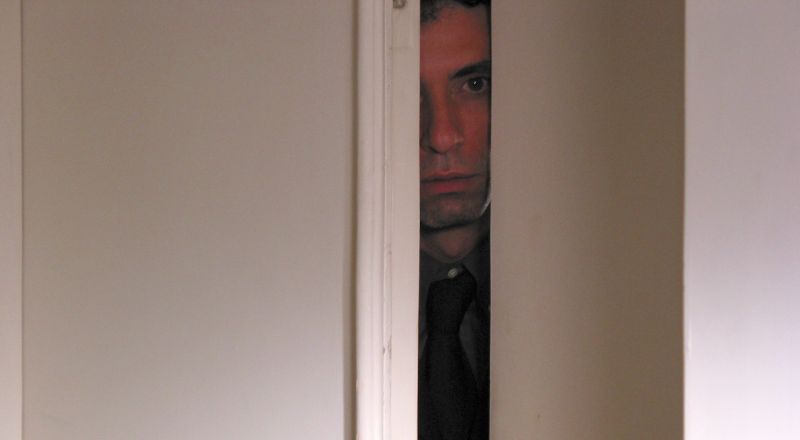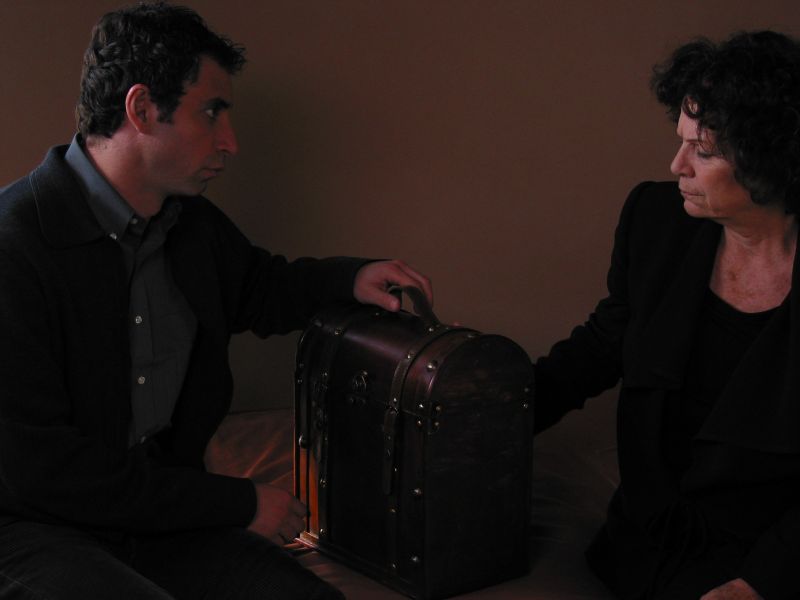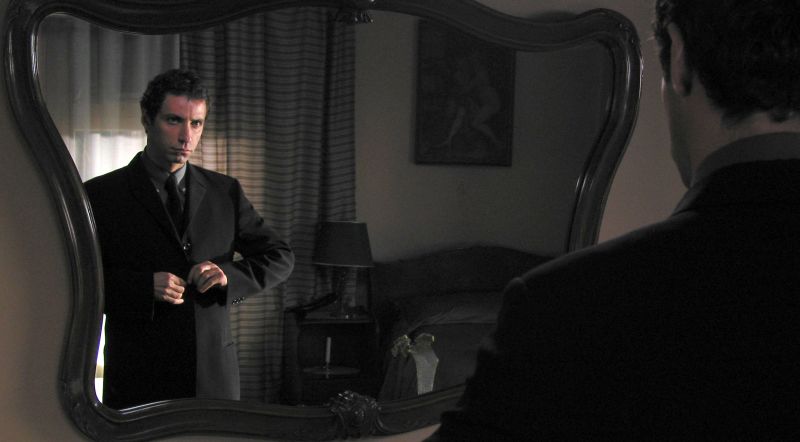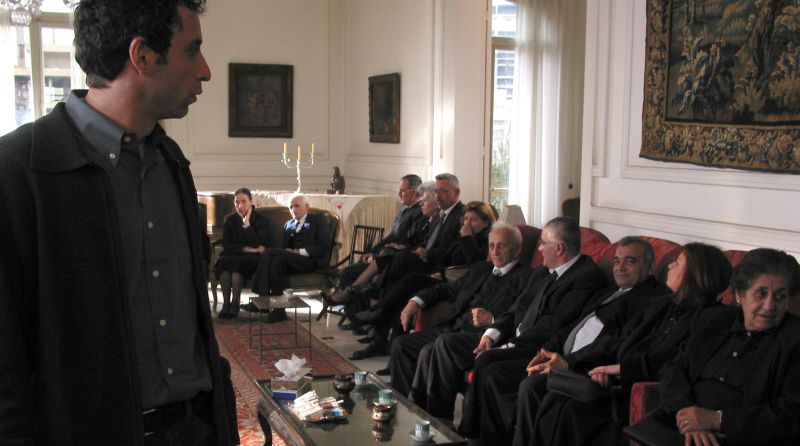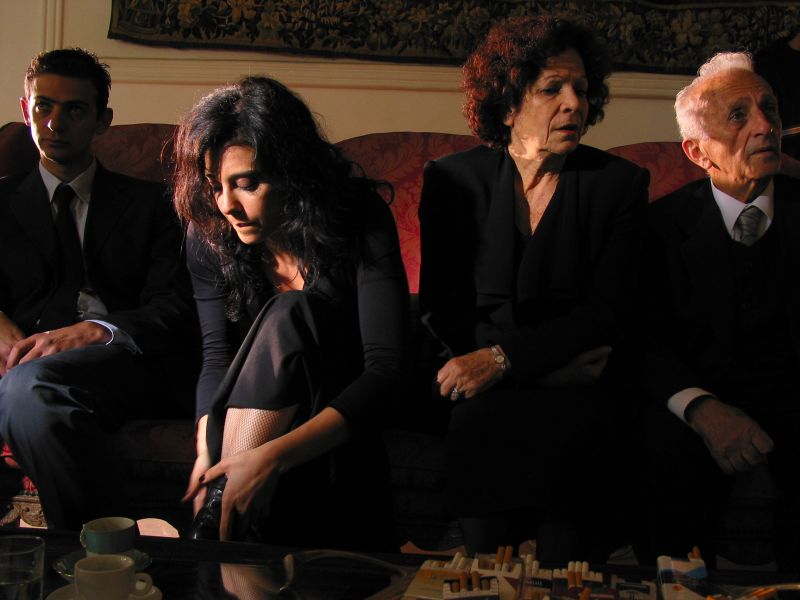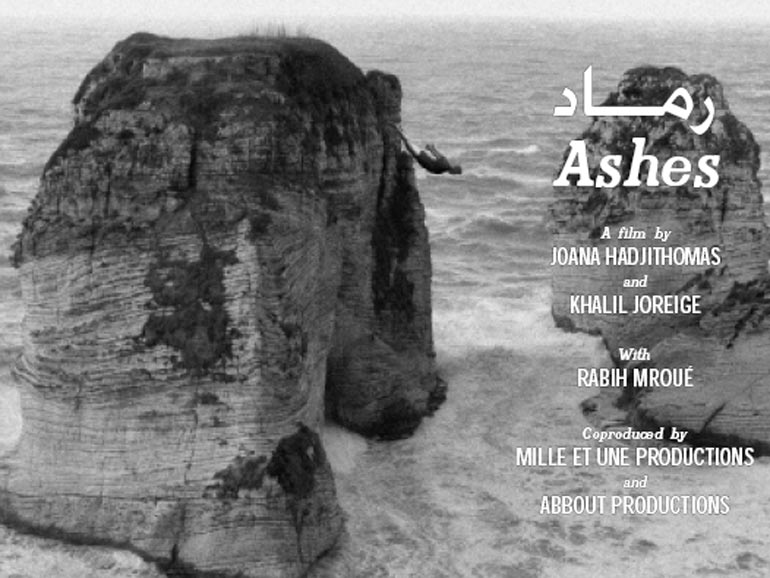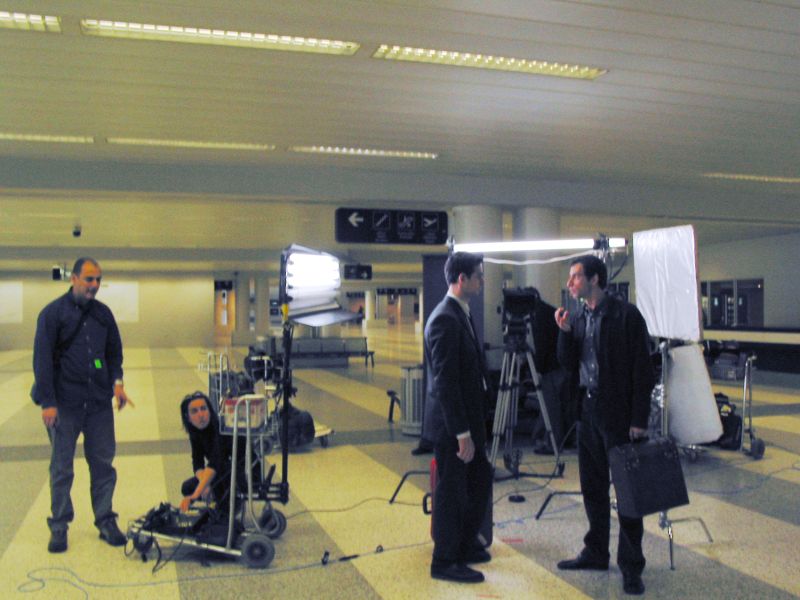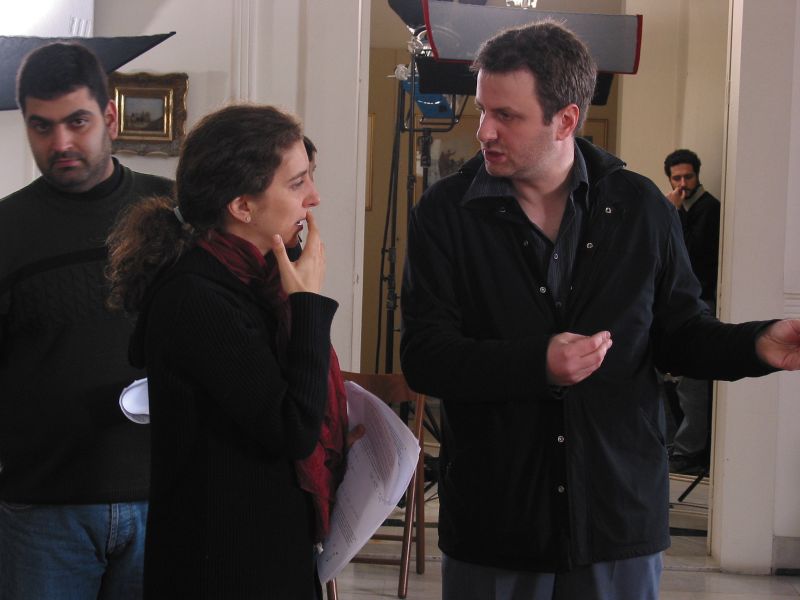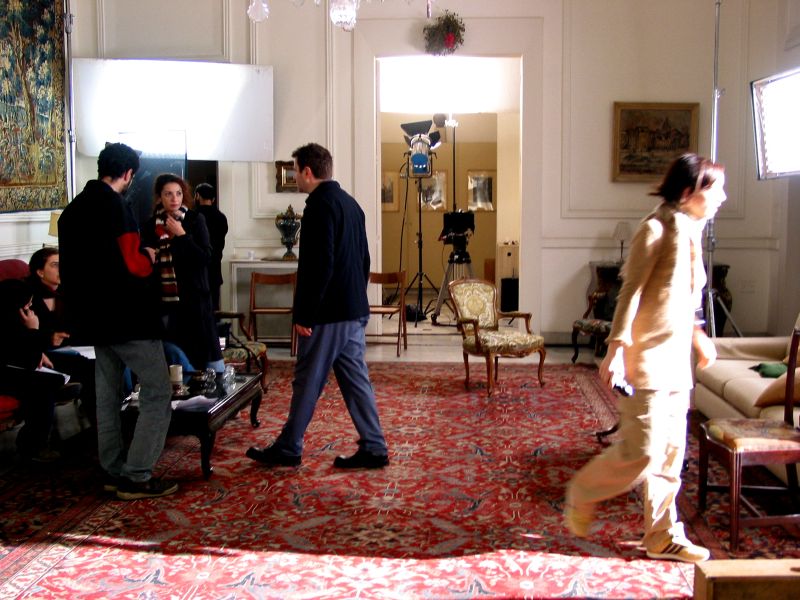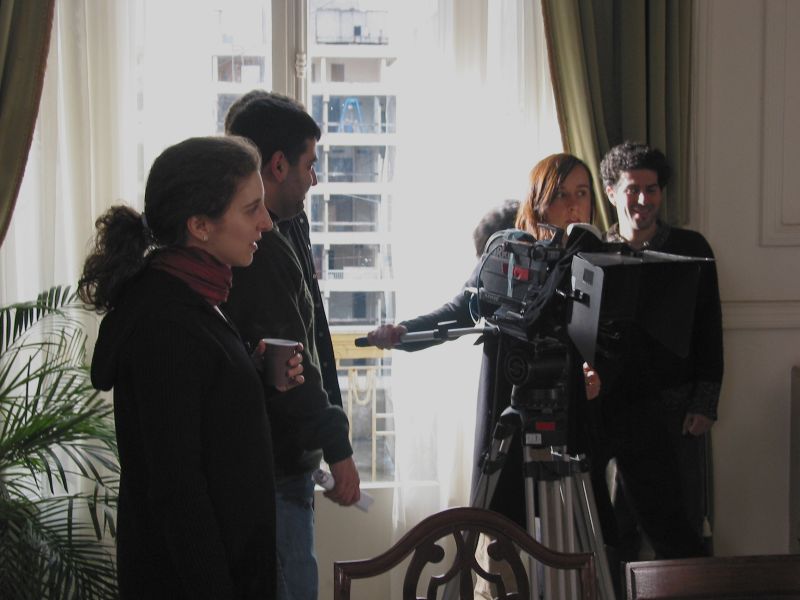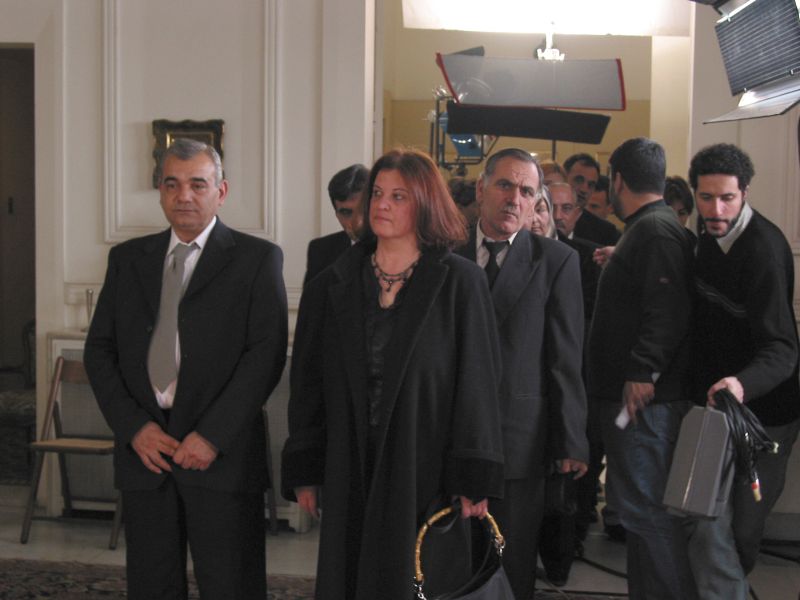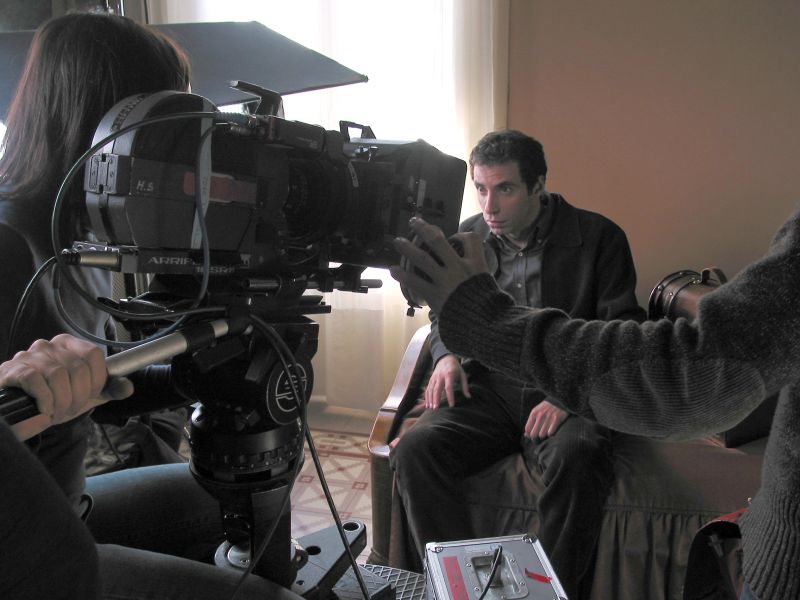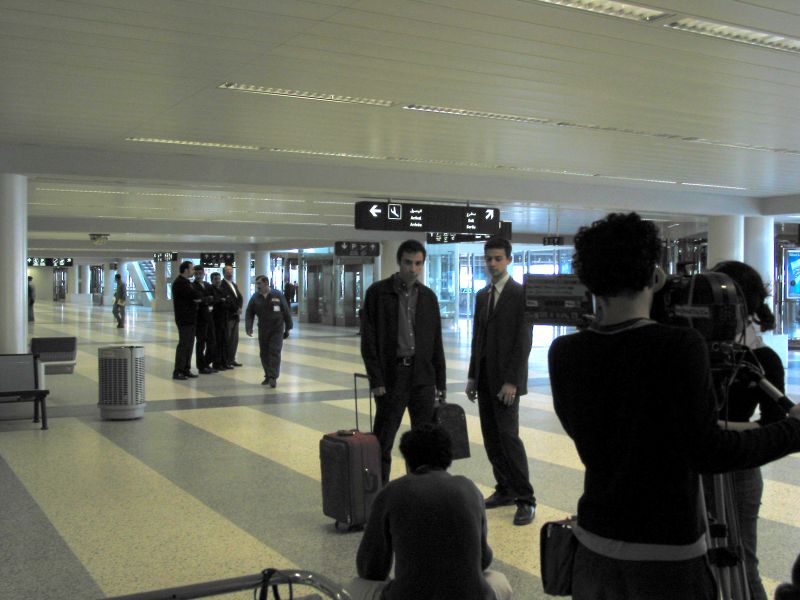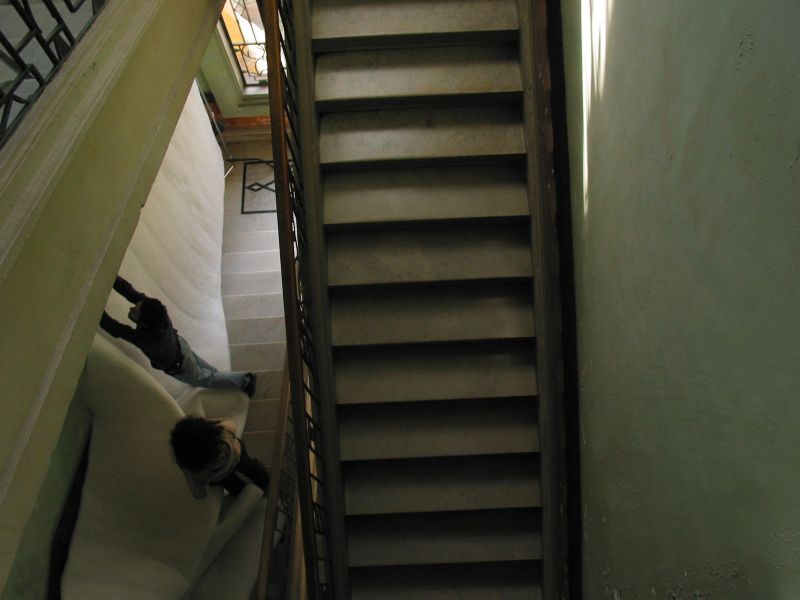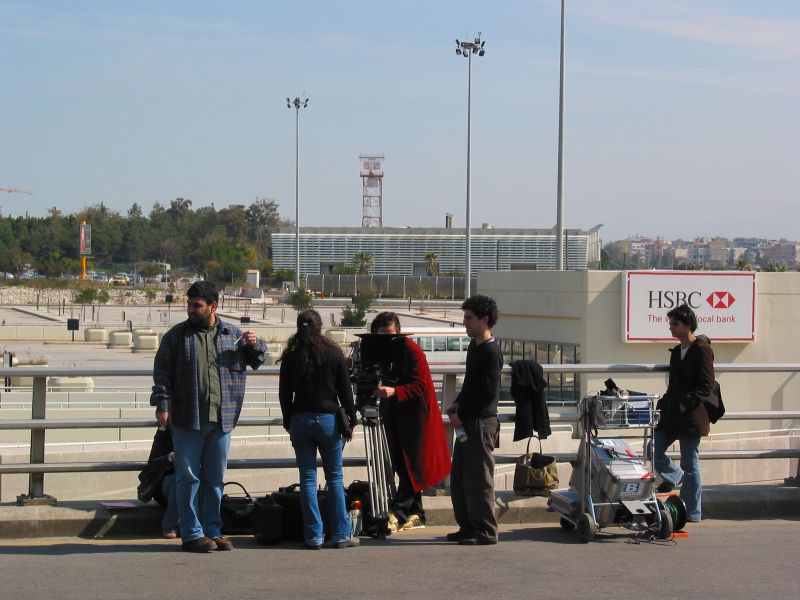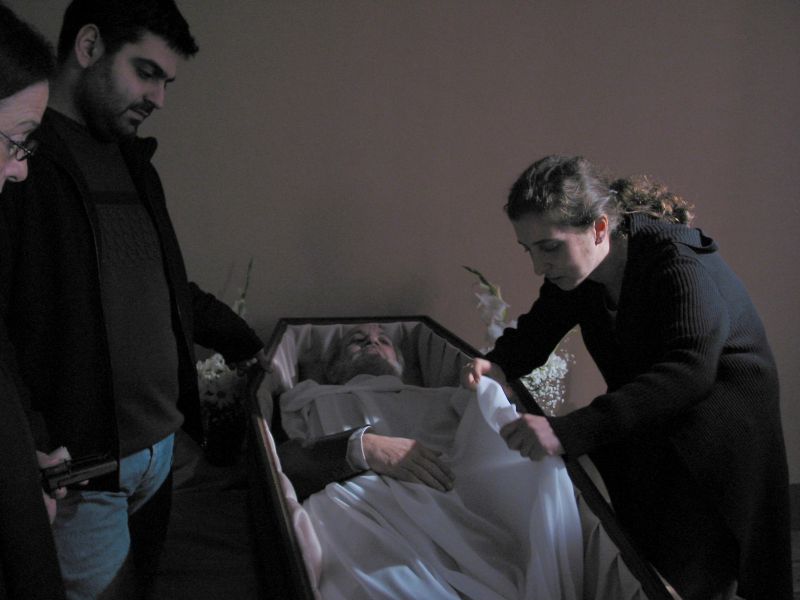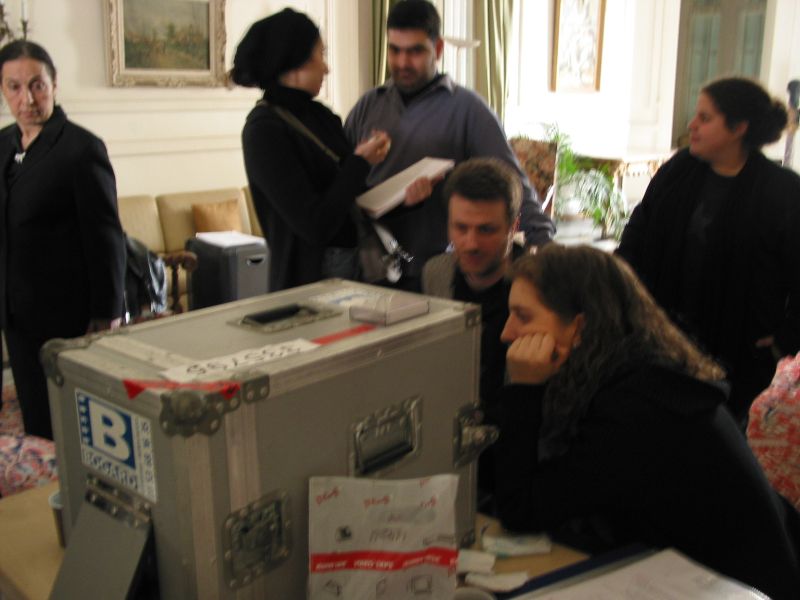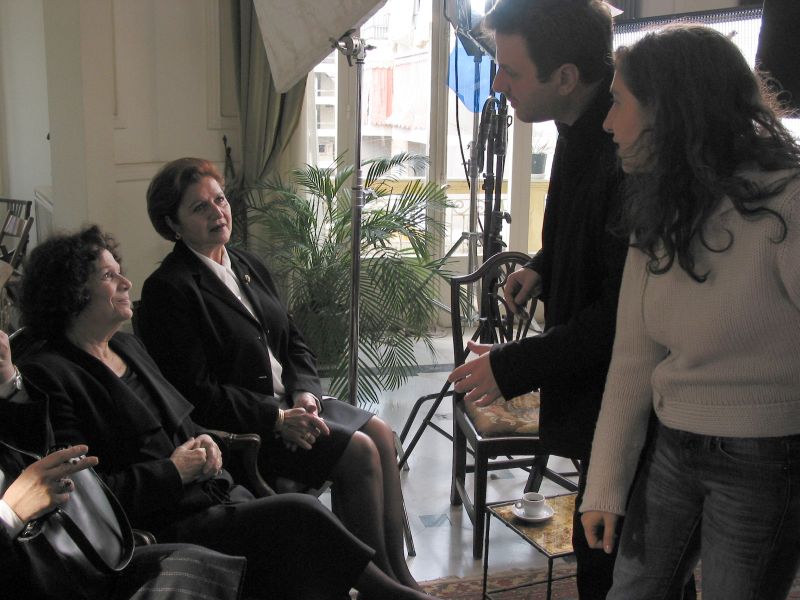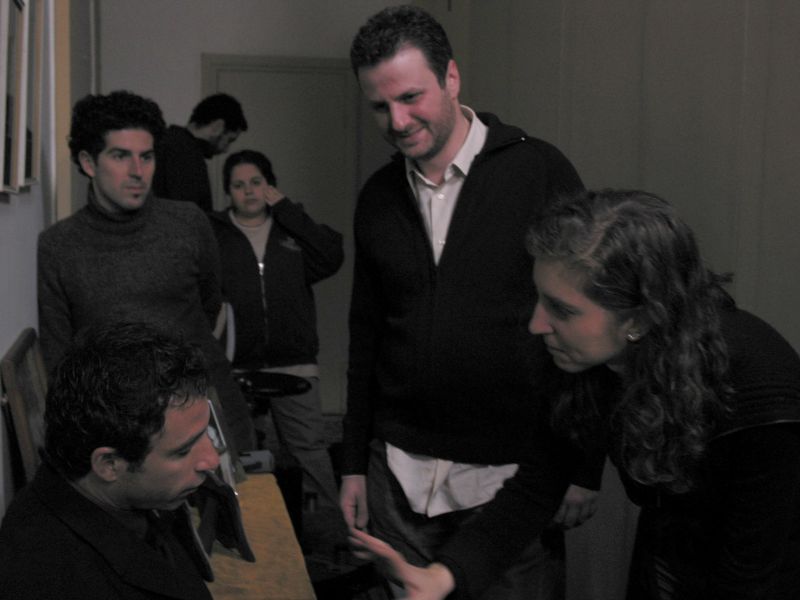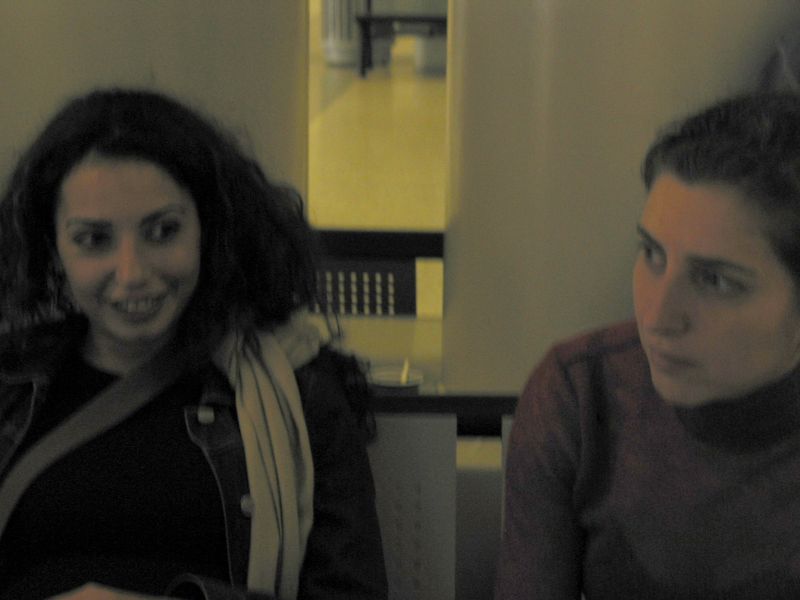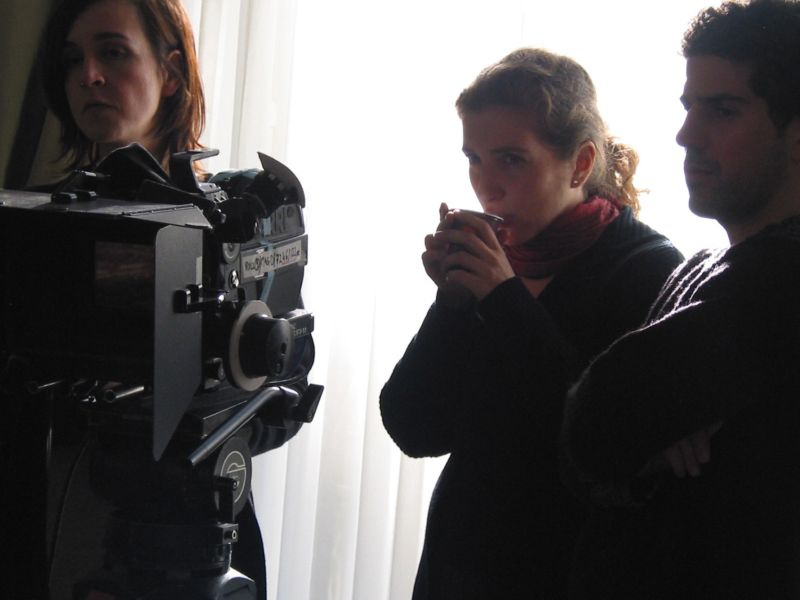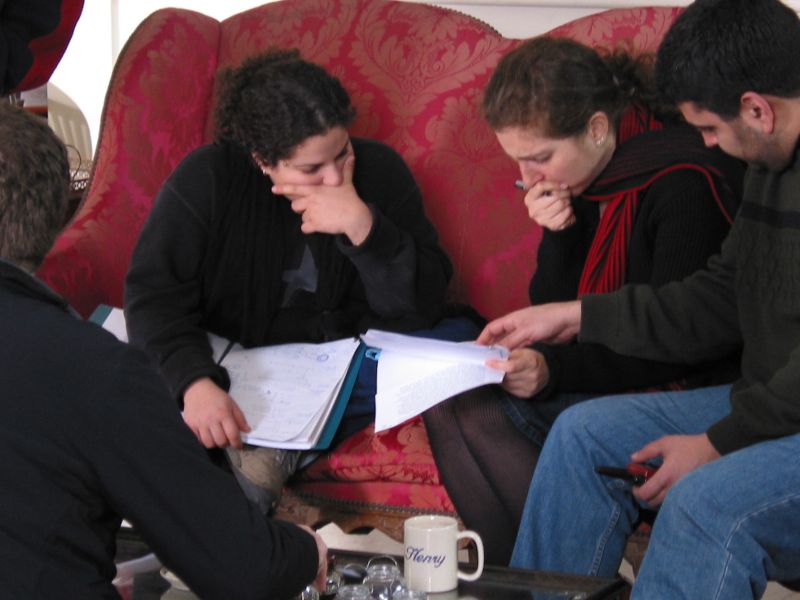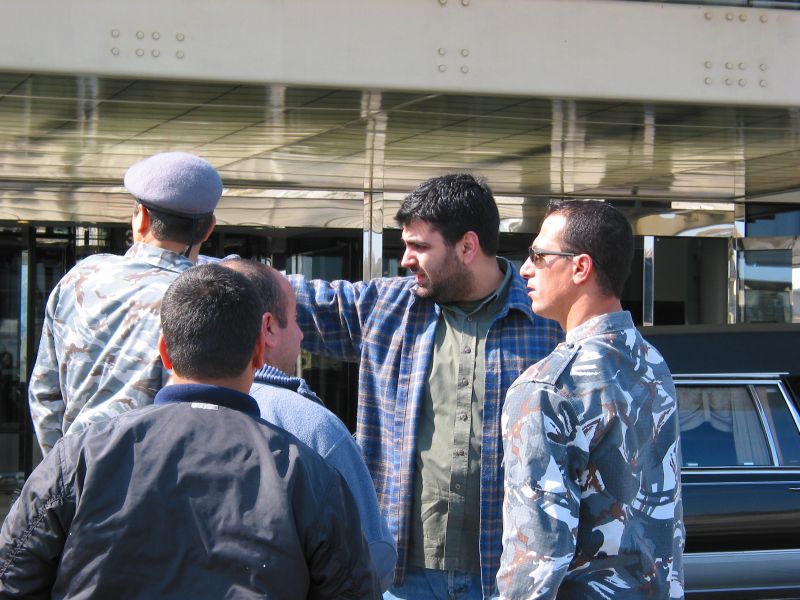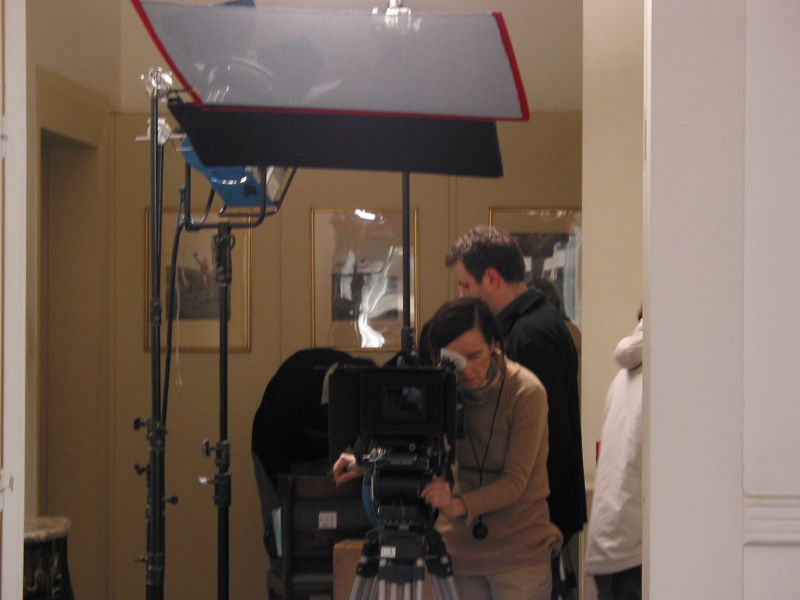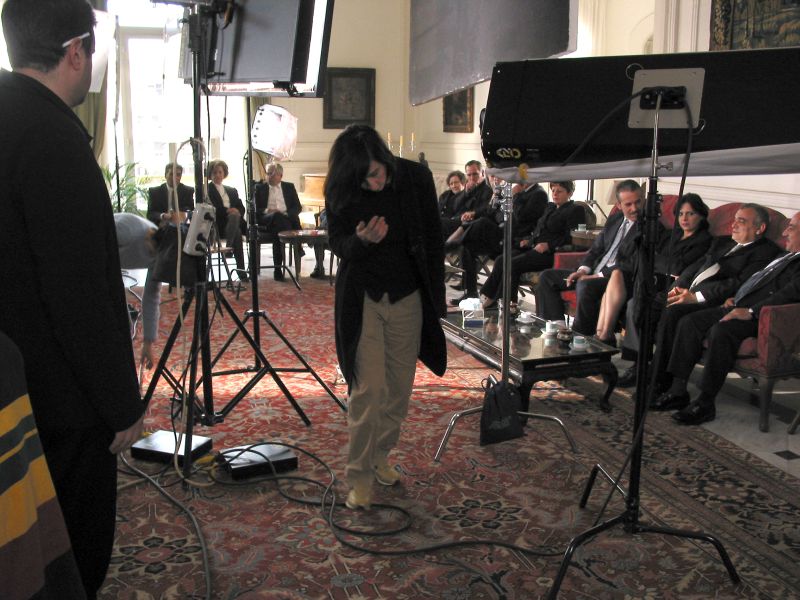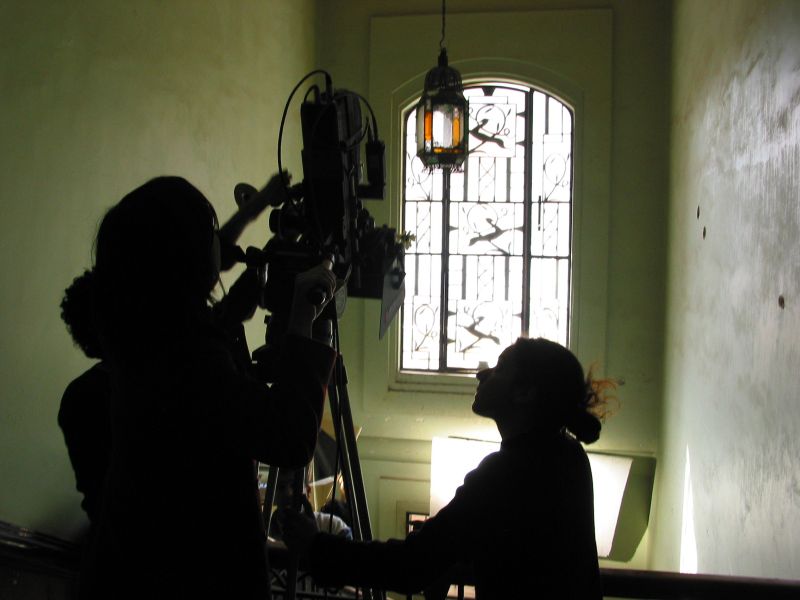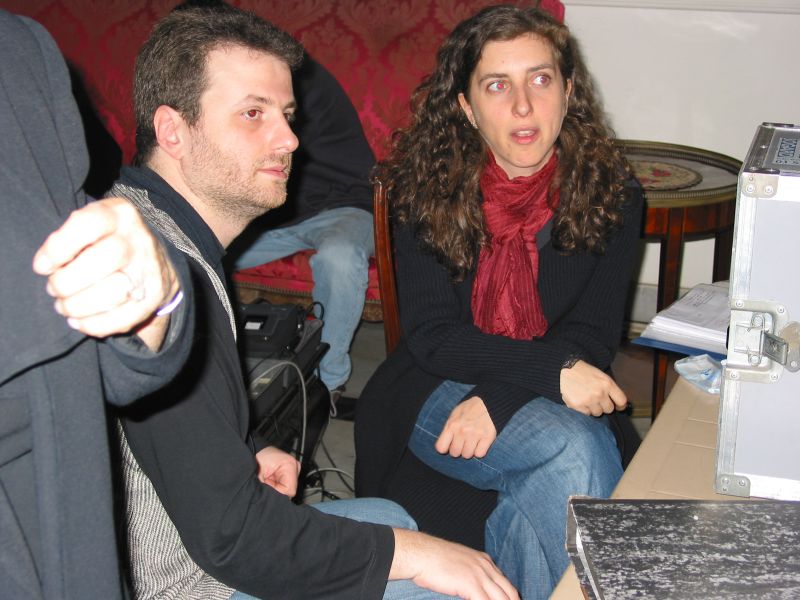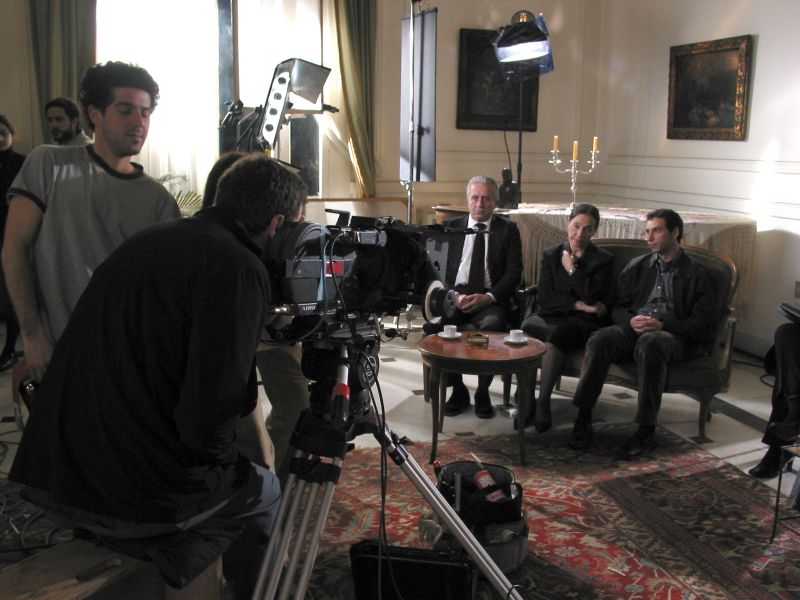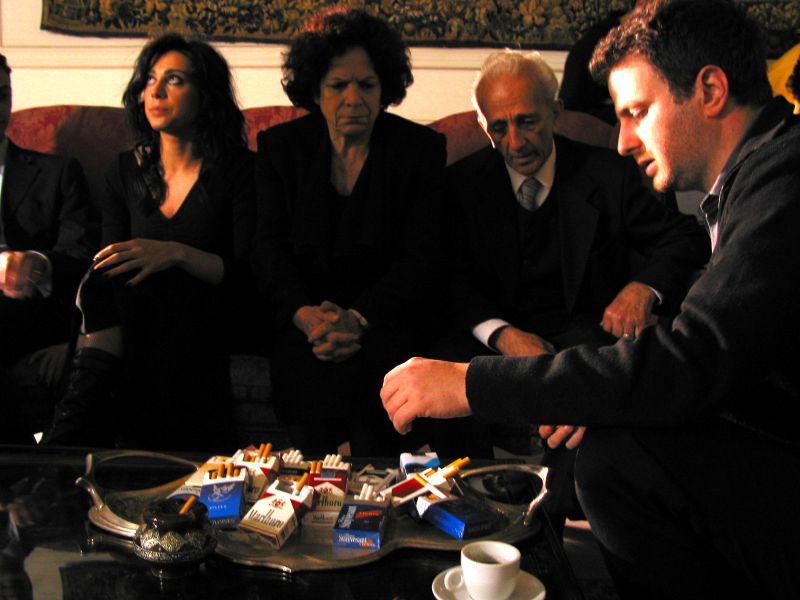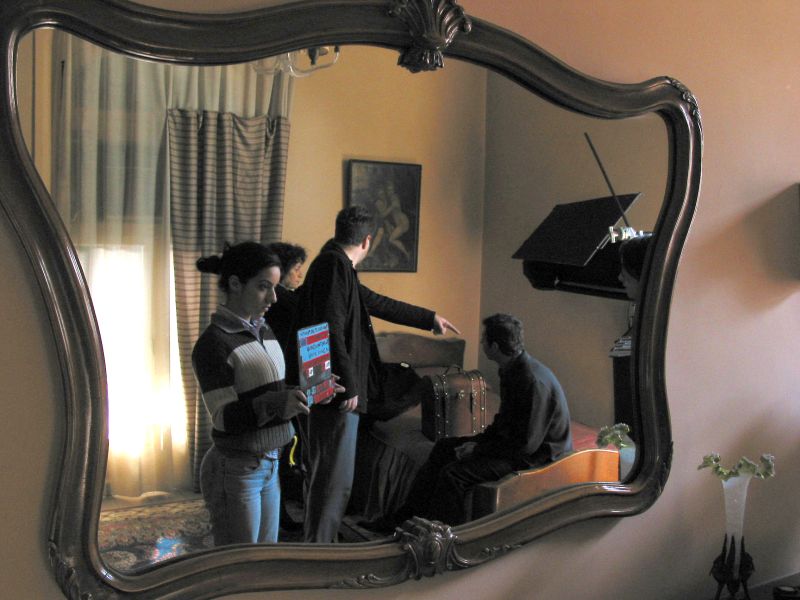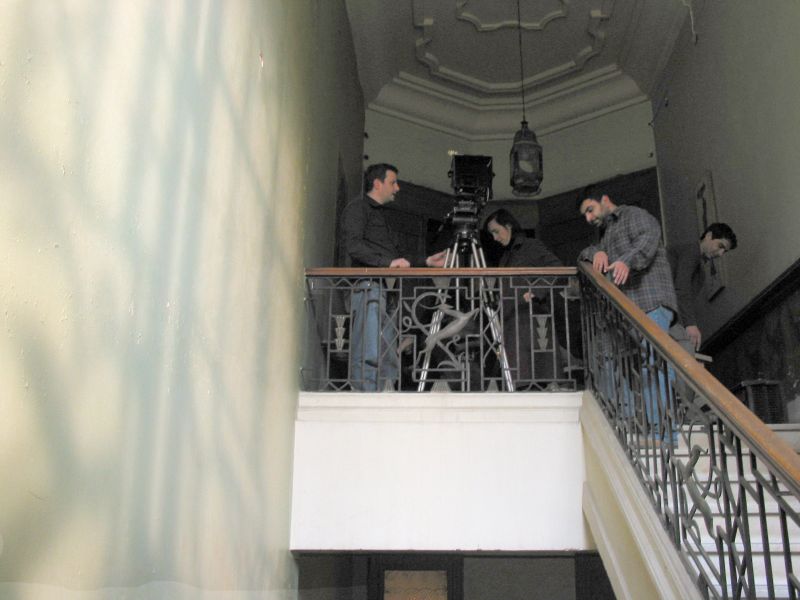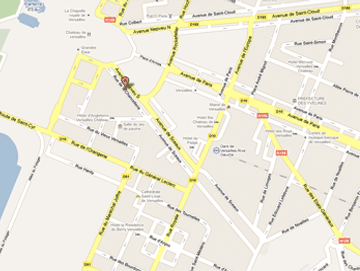Directors note “Ashes” is based on a personal experience, the loss of a very dear person, the days of condolences, the uninterrupted flow of people who came to express their sympathy and sorrow.
The caracter of the film, Nabil cannot mourn his father as he would like to, he is compelled to go through these traditional mourning rites which often seem more like social gatherings. Nabil’s father had asked for his ashes to be scattered over the sea, close to the Raouché Rock from which he had jumped in his youth.
But civil status, in Lebanon, is governed by religious laws wich rejects cremation. Therefore, Nabil has to face a family (and society at large) wich hardly admits such liberties, and would rather create a sham corpse to keep up appearances.
What unfolds, therefore, is a certain oddity, two manners of disposing of the dead.
Nabil is torn between his promise to this father and his love for the family, which the latter uses to exert pressure on him and make him feel guilty.
The absent corpse
During the Lebanese war, 17 000 people disappeared. Kidnapped by political factions, mostly because of their religion, these men never came back. In most cases, the families with no proof of death go on waiting for their kidnapped parent, hoping he’ll come back even 15 or 20 years after his disappearance.. Sometimes their families finally decided to mourn them without there being any tangible trace of death, any corpse.
This absence of corpse gives death a certain latency, and makes it hard to believe. That is what Nabil’s aunts feel. To be convinced of the demise of their brother, one needs to see the ashes, the other has to invent a corpse so as to talk to “him” one last time, to pray by “him” and say farewell.
This brings us to consider the larger question of the need of a corpse for the community to come together, to close around it, a corpse which was disfigured by war and which we want to bring to life, to project ourselves into after the bloody conflict, the catastrophe which beset us.
Living one’s bereavement
Nabil attempts to exist within a community in which he feels he’s an outsider. He protects himself by being seemingly absent, appearing as a spectator of an event which concerns him closely.
Nabil’s attitude is not passive, he is definitely present, he resists an enemy, an enemy from within his own family wich he loves..
Leaving the salon where scores of visitors are presenting their condolences, incapable of remaining in the room, in front of the body of the actor in the coffin, Nabil takes refuge in the corridor, a kind of purgatory, from which he observes what takes place in the salon… He daydreams, imagines the body of the actor in the coffin becoming rigid, his hands turning a darker and darker blue as if “feigning death meant dying really”.
He restricts his scope of vision, reduces time to the instant. He selects moments, gestures, little things. And thus he succeeds in forgetting the rest, in denying it in order to reinvest himself in the society in which he lives, to come back to his family, to return towards this illusory community.
To us, it is important to depict a state of mind, the sensuality of the bodies present which become animated under Nabil’s eyes, the way he reappropriates life, he reappropites bodies.
A set up
« Ashes » marks our return to narrative fiction. We hadn’t used it since our feature film « Around the pink house ». Our work in contemporary art and especially our two documentary films (mainly « Khiam » and « The lost film »)helped us work in depth on a more personal expression, a more experimental one, that suits us. We are working here on a set-up that is in a way close to art installations. We worked with non-professional actors, persons we knew and whose characters were close to what we seeked. The numerous extras had only to remember a very familiar situation, which is part and parcel of their life, that of days of condolences. We simply placed them in situation, within a context where things could happen. They made the proper gestures naturally, they found themselves directly immersed in an often accomplished, familiar rite. Some of the shots in the film where taken without their knowledge. This set up prevents knowing beforehand what will be filmed, it is inspired to us by the situation, the reality we meet which surprises us, escapes us… Today it seems necessary to us not to try to reproduce reality but to attempt to insert ourselves into it. The story, the narrative, gradually fades into the backround. We want to remain close to the main character, adopt his outlook, his approach… In the space where Nabil evolves, it is important to capture the feelings, the sensuality, all wich belongs to the senses and wich cinema can focus on.









